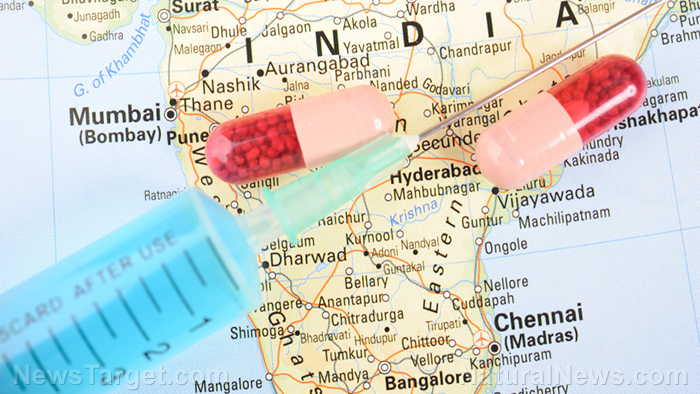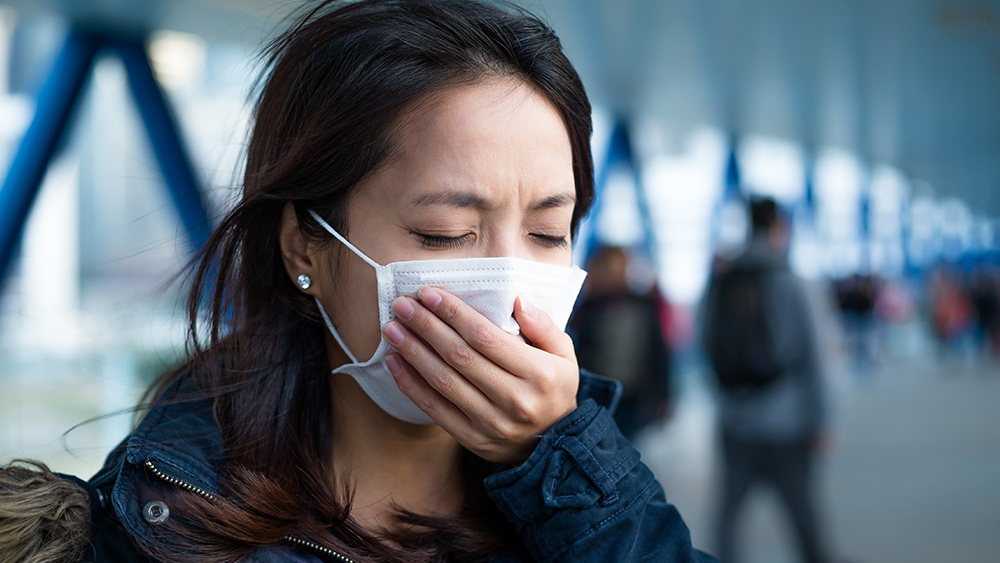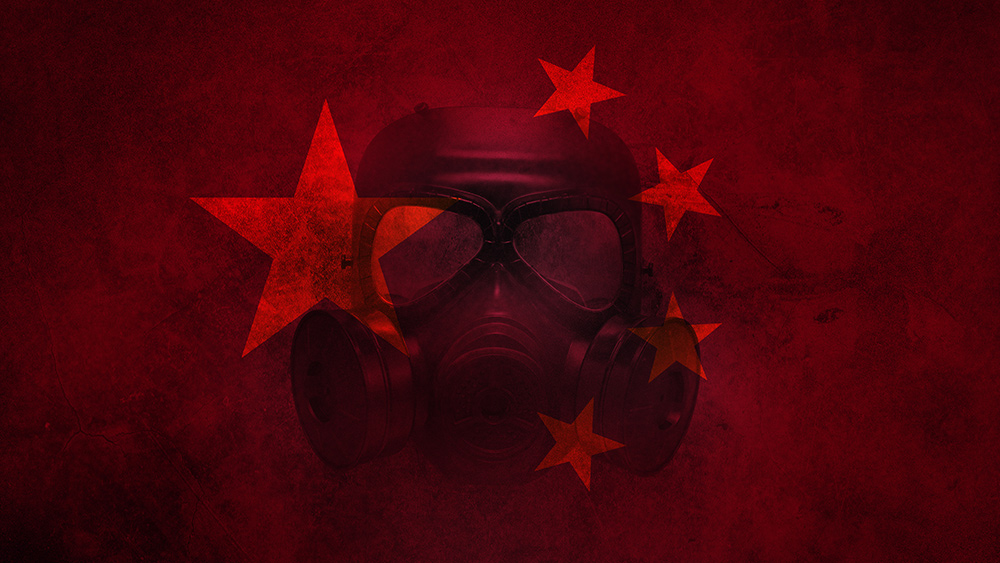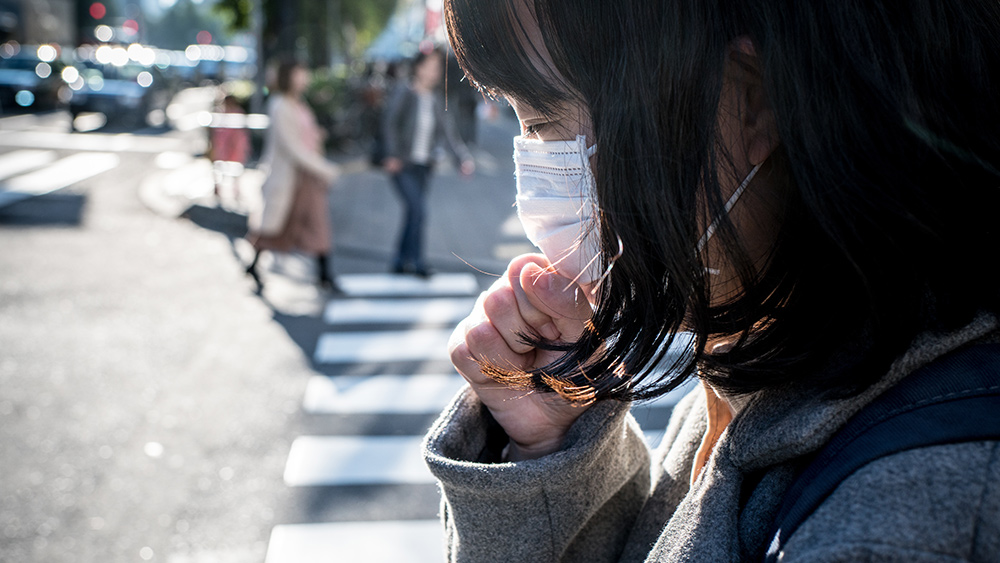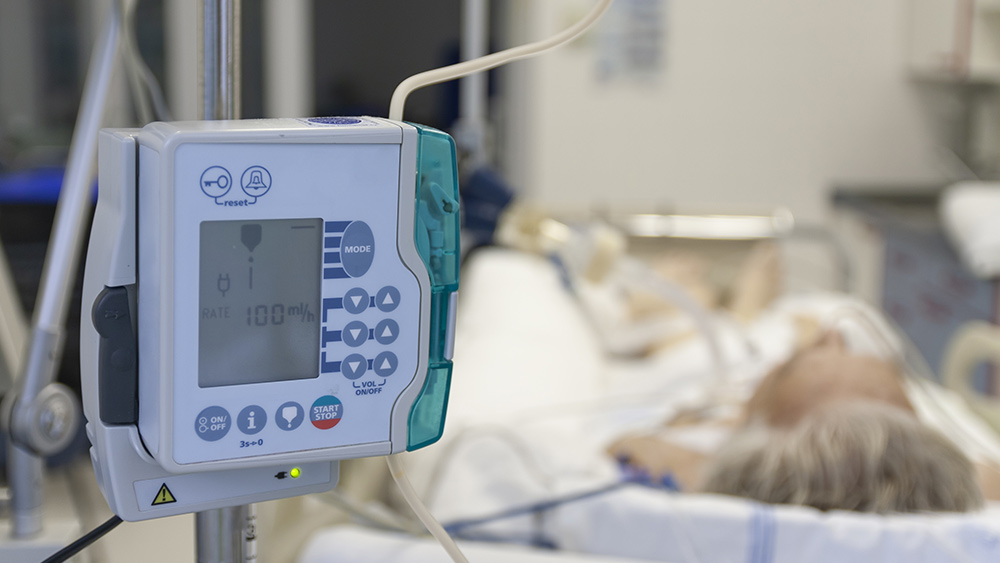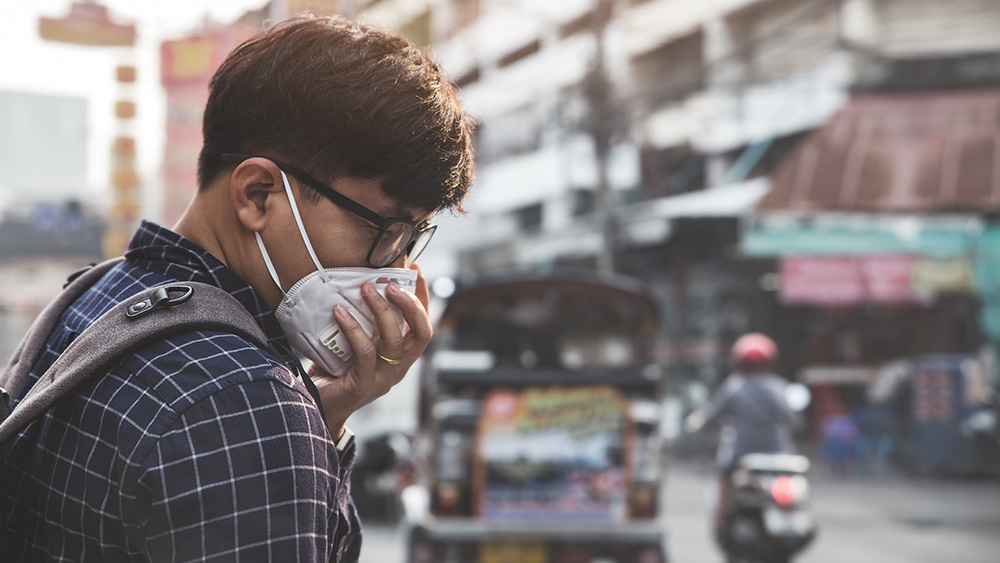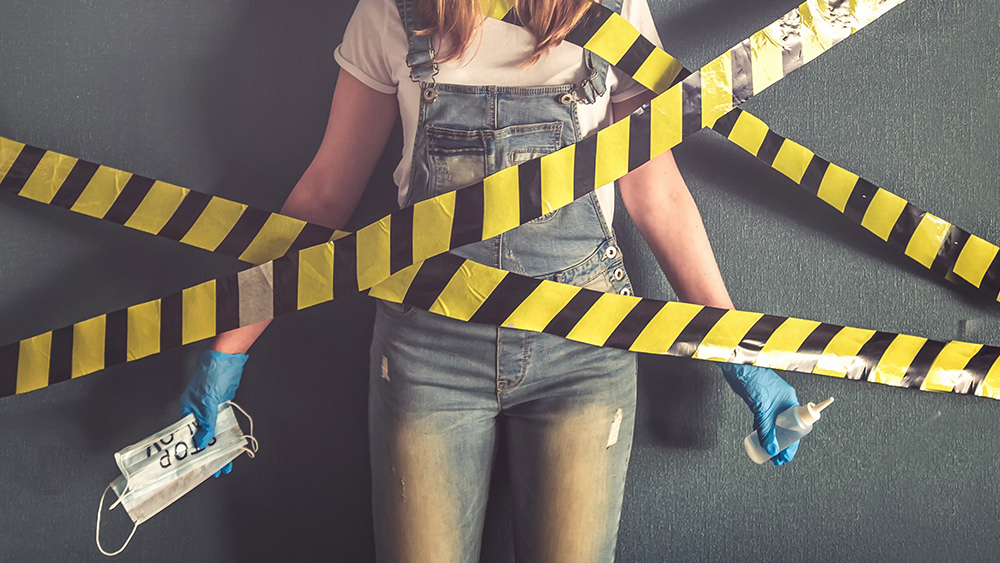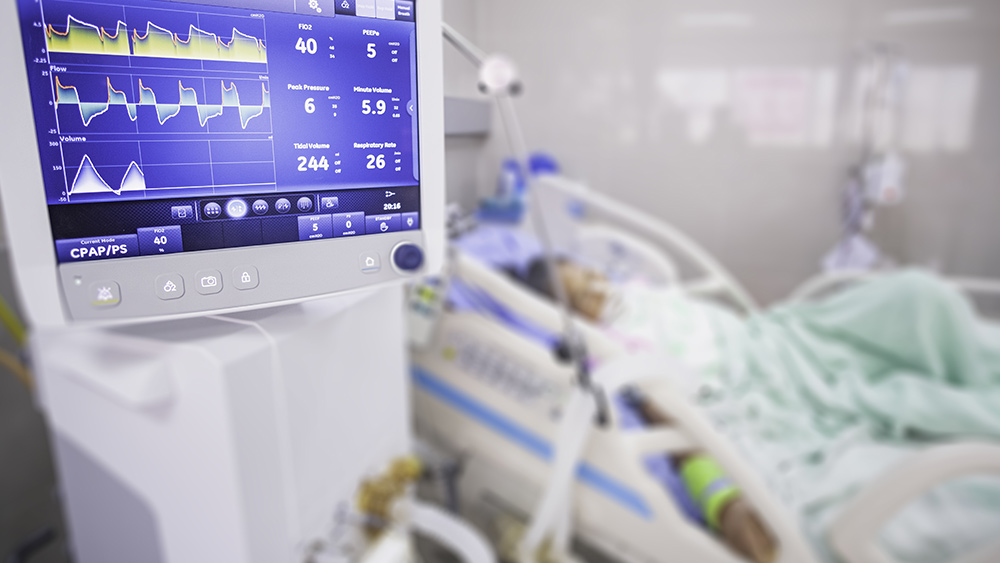Face masks, public hygiene helped Japan fight the coronavirus
05/28/2020 / By Franz Walker

Japan has, by far, the lowest death toll and number of Wuhan coronavirus (COVID-19) infections among the Group of Seven major economies. The Japanese government’s expert panel on the pandemic has identified the wearing of face masks — alongside good public hygiene and social distancing — as one of the reasons for this.
The wearing of masks has sparked outrage in some parts of the world and was initially dismissed as ineffective by the World Health Organization. But in Japan, face masks have long been a part of everyday life, and they have proven to be useful tools in the fight against the deadly pandemic.
As of writing, Japan has confirmed over 16,000 coronavirus cases and about 850 deaths.
Japanese citizens are comfortable with wearing masks
Japanese Prime Minister Shinzo Abe ended the nation’s state of emergency on Monday, as coronavirus cases tailed off. Abe also laid out plans for a gradual resumption of social and economic activities, as well as precautions against another major outbreak.
Shigeru Omi, vice-chairman of the expert panel, said that strong health consciousness among the Japanese helped slow the spread of COVID-19. Responding to written questions from Bloomberg, the expert panel explained that the Japanese have a “strong awareness of public hygiene,” starting with the habit of washing their hands. The panel also credited it to widespread knowledge about preventing infections.
“We have found out that wearing masks, hand hygiene, physical distancing and avoiding talking loudly are effective in preventing transmission,” the panel said.
In particular, Japanese citizens are more comfortable with wearing masks on a daily basis. A large number of people are allergic to pollen, so many wear masks during the cedar pollen season that usually occurs from the beginning of the year until spring. Many Japanese also wear masks to protect themselves against influenza.
This lack of pushback to wearing masks in public, combined with a strong sense of public hygiene and social distancing, has not only helped Japan weather the initial coronavirus outbreak, but also prepared the country for a second wave of infection.
Despite these efforts, however, the country’s healthcare system came close to collapse. This was partly due to the fact that Japan has no legal means of imposing a lockdown. But modeling showed that reducing social contact by 80 percent would help reduce infections, and many Japanese cooperated by practicing social distancing.
Japan’s fight against the coronavirus is still not over
Despite Japan’s decision to end its state of emergency, the country’s fight against the coronavirus is far from over. According to NHK, an uptick in cases this week in the southwestern city of Kitakyushu has sparked enough concern that the government has sent out a team to investigate. (Related: Hokkaido lifted its state of emergency and lockdown TOO EARLY – and is now facing a SECOND WAVE of coronavirus infections.)
With the nation inching closer to resuming activities, experts are obliged to stamp out clusters faster than ever to prevent a more serious second wave of infections. And based on the panel’s responses, this entails massive PCR and antigen testing, as well as constantly reminding the Japanese public to avoid situations that put them at risk of infection.
With regard to testing, the panel admitted that the country wasn’t able to provide testing for all citizens that needed it. The country’s PCR testing capacity in mid-March did not expand fast enough to keep pace with the rate of infection.
Overall, the absolute number of tests conducted in Japan has been far lower than in other countries, but the number of tests per reported death has been higher. The proportion of tests that yield a positive result has also fallen from 30 percent to one percent, which is relatively low compared with other countries. This means that Japan’s response to the pandemic, including the system of testing it has adopted, can be considered adequate and reasonable.
Sources include:
Tagged Under: Asia, coronavirus, coronavirus testing, covid-19, current events, facemask, government, hand washing, healthcare, infections, infectious disease, Japan, lockdown, outbreak, pandemic, prevention, public hygiene, social distancing, State of Emergency, superbugs, viral infection, virus
RECENT NEWS & ARTICLES
COPYRIGHT © 2017 PLAGUE INFO





